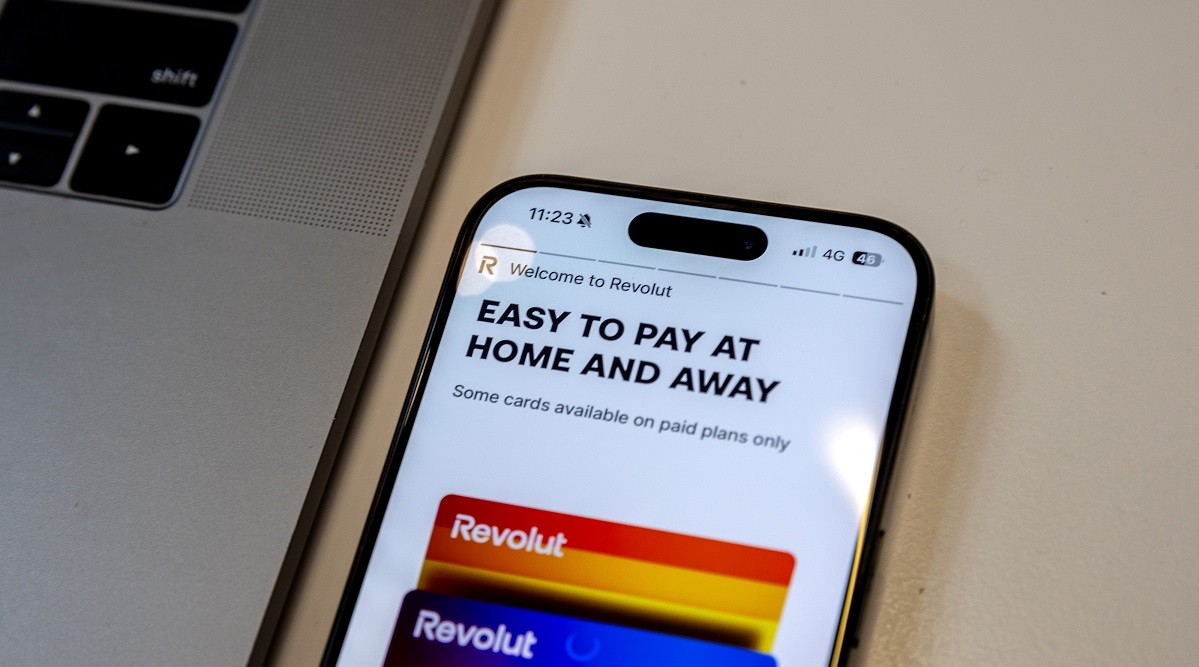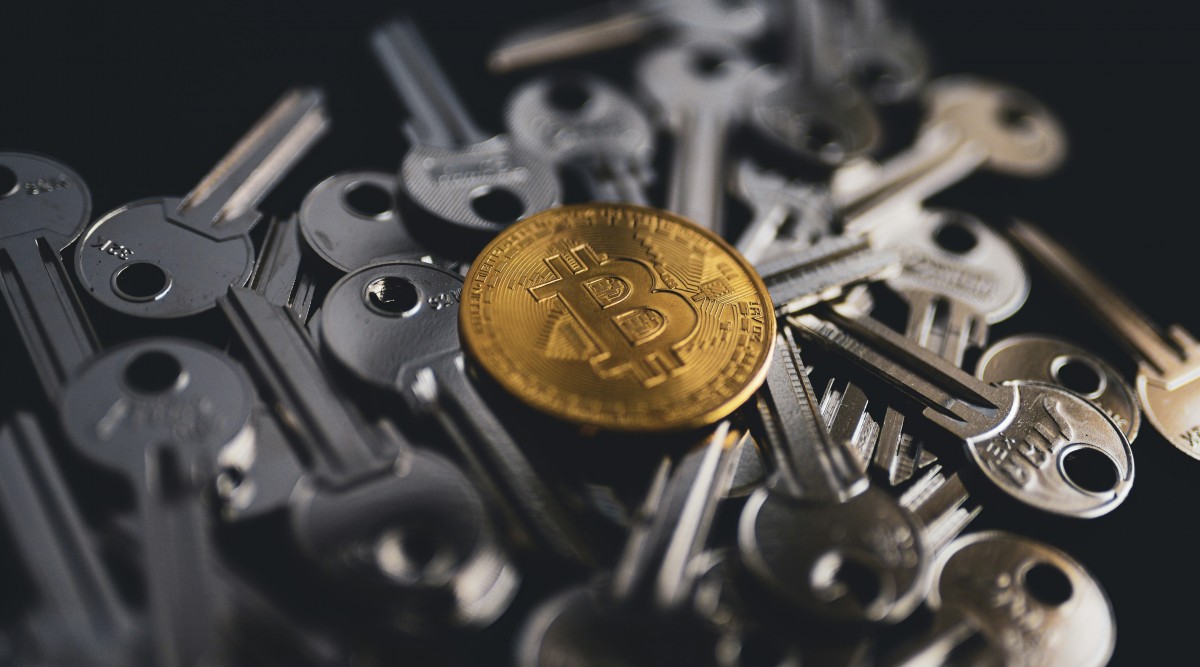See also: Singapore FinTech Association and 10x1000 to nurture 100 local fintech talents
Alternative finance refers to a range of finance solutions that sit outside of traditional forms (stocks, bonds or cash). It is a term used to describe financial products, instruments and tools that have been developed outside of the traditional financial services system, with peer-to-peer lending and crowdfunding as examples.










